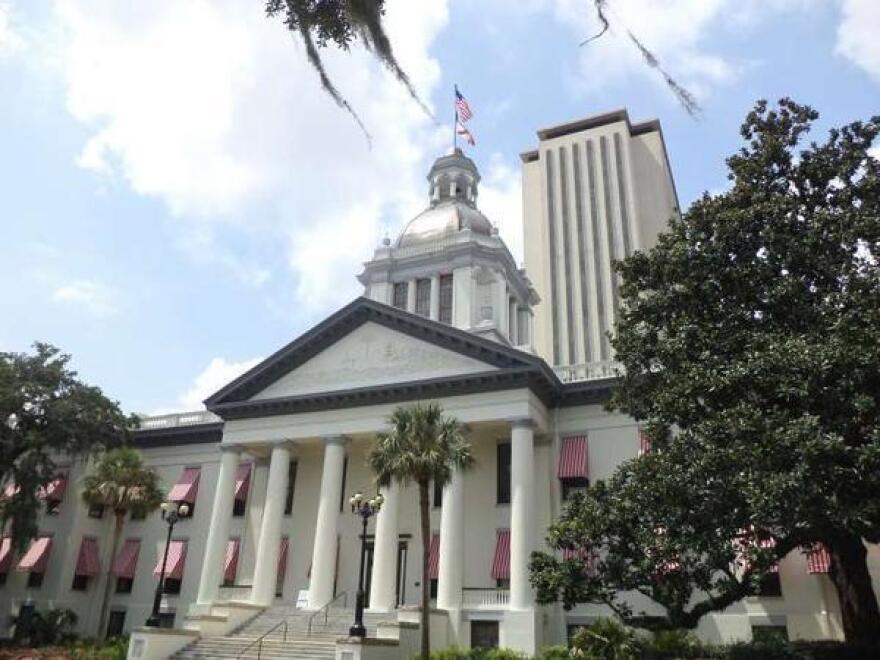This week marked the start of Florida’s 2020 Legislative session. Until at least mid-March, state lawmakers will discuss and approve bills that touch virtually every aspect of life in Florida. Some are brand-new; others are “deja vu."
For some details about bills that might receive the most heated debate, we reached out to Mary Ellen Klas, who covers government and politics as Capital Bureau chief for the Miami Herald in Tallahassee.
Here are three major topics to watch this session:
AMENDMENT FOUR
A legal battle is still raging over the implementation of a constitutional amendment approved by Florida voters in 2018, which restores voting rights to people with past felon convictions who have served their full sentences. (It excludes include people convicted of murder or afelony sexual offense.)
But last year, state lawmakers passed a bill -- later signed by Governor Ron DeSantis -- that requires felons to pay back all court fees, fines and restitution before registering to vote. "Opponents claim that is the equivalent of a poll tax," says Klas. Complicating the issue is the fact that no one tracks restitution in Florida.Amendment 4 advocates want lawmakers to rescind the financial obligation requirement.
However, there is provision in the law passed last year allowing courts to waive or reduce fees. That, in turn, has led to a number of people in several Florida counties, getting their voting rights restored.
ABORTION
It looks like the Republican-led Florida Legislature this year is likely to pass a controversial bill requiring parental consent for minors seeking an abortion. Both House Speaker Jose Oliva and Senate President have showed support for the bill.
Similar bills have failed in Florida in the past. But with a conservative-majority U.S. Supreme Court under President Trump, states are interested in passing legislation that they expect will be challenged at the federal level -- including bills about reproductive rights. "This is one of those issues that is designed to be an election year gift to the Republicans' base," says Klas.
E-VERIFY
Florida's 2020 Legislative Session is Governor Ron DeSantis's second chance to make good on one of his campaign promises; getting Florida employers to run new hires through the federal program called e-Verify, to check their immigration status.
Florida Senate Bill 664 would require all private and public employers to use e-Verify. A newly filed House version proposed by a Neptune Beach Republican would require only government employers — such as state agencies and county school districts -- to use e-Verify. But the bill in its original form still faces fierce opposition from Florida's agriculture, tourism and construction industries.
"It didn't succeed last year for the same reason it will not succeed this year," predicts Klas. "There are major employers in the state that contribute the bulk of the contributions to the Republican leadership in the legislature -- and they do not want to see their businesses forced to comply."
Copyright 2020 WLRN 91.3 FM. To see more, visit WLRN 91.3 FM. 9(MDAyNDY5ODMwMDEyMjg3NjMzMTE1ZjE2MA001))




